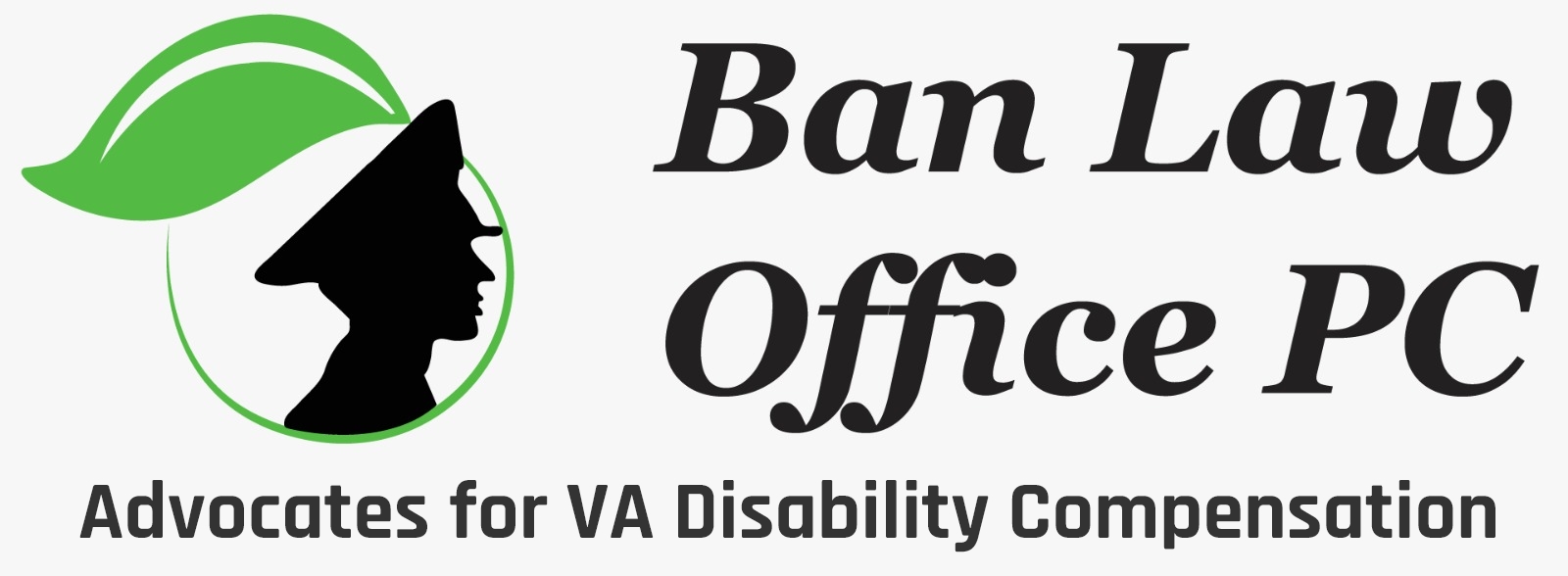Navigating the VA disability process can be overwhelming for veterans who have sacrificed so much for their country. The intricacies of VA claims, the complex paperwork, and the stringent requirements for approval often leave many veterans feeling frustrated. That’s why having a dedicated VA disability lawyer by your side is crucial. With the right legal representation, you can maximize your benefits and ensure that your service-related disabilities are recognized and compensated properly.
What Does a VA Disability Lawyer Do?
A VA disability lawyer is a legal professional who specializes in representing veterans seeking disability benefits from the Department of Veterans Affairs (VA). Unlike general attorneys, VA disability lawyers have a deep understanding of VA law, processes, and the nuances of how to present claims effectively. They assist veterans in every step of the claims process, from filing the initial claim to appealing a denied claim or even securing an earlier effective date for benefits.
The Importance of Proper Legal Guidance
Navigating the VA disability claims system without professional help can often lead to delays or even denials of claims. Many veterans are unaware of the detailed evidence and medical documentation required to prove the severity of their disability or how it is service-connected. A VA disability lawyer ensures that all relevant information is properly presented, increasing the likelihood of a favorable decision.
Here’s how a VA disability lawyer can help:
1. Filing Your Claim Correctly the First Time
Filing an accurate and thorough initial claim is crucial. Mistakes or missing documentation can result in lengthy delays or outright denials. A skilled VA disability lawyer knows what the VA is looking for in a claim, ensuring that your application is complete and compelling from the start.
2. Assisting with Complex Appeals
If your claim has been denied, it can be incredibly disheartening. However, a denial is not the end of the road. A VA disability lawyer can help you navigate the complex appeals process, including gathering new evidence, obtaining medical expert opinions, and advocating on your behalf during hearings.
3. Maximizing Your Benefits
It’s not just about getting your claim approved; it’s about ensuring you receive the maximum benefits to which you’re entitled. A VA disability lawyer will work diligently to ensure you receive the highest rating possible for your disability, and they may even help secure retroactive benefits by establishing an earlier effective date.
4. Understanding VA Regulations and Deadlines
VA laws and regulations are constantly evolving, making it challenging for veterans to stay informed. A VA disability lawyer stays up-to-date on changes in VA law and ensures that your claim complies with the latest requirements. Additionally, missing a deadline can be costly; having a lawyer ensures that your paperwork is submitted on time, preserving your right to benefits.
Common Misconceptions About VA Disability Lawyers
Some veterans hesitate to hire a VA disability lawyer due to misconceptions about cost or necessity. Let’s address a few common myths:
- Myth #1: “VA Disability Lawyers are Expensive”
In most cases, VA disability lawyers work on a contingency fee basis. This means they only get paid if they win your case, and their fee is typically a percentage of the back pay you receive. This arrangement allows veterans to access legal help without worrying about upfront costs. - Myth #2: “I Don’t Need a Lawyer if My Case Seems Simple”
Even seemingly straightforward cases can face obstacles. The VA’s rating system is complex, and what appears to be a simple claim can be denied or receive a lower rating than expected. A lawyer ensures that every aspect of your claim is addressed and that you receive the benefits you deserve. - Myth #3: “I Can Appeal My Denial Alone”
While you can appeal on your own, many veterans find the process overwhelming and confusing. A lawyer has the expertise to craft a strong appeal, improving your chances of a successful outcome.
When to Hire a VA Disability Lawyer
You don’t have to wait for a denial to seek legal help. Here are some key moments when hiring a VA disability lawyer can be beneficial:
- When filing your initial claim and you’re unsure of the process.
- If you’ve received a denial or low rating and want to appeal the decision.
- If you’re dealing with complex medical conditions that require expert testimony.
- When seeking an earlier effective date to maximize your retroactive benefits.
How Ban Law Office P.C. Can Help
At Ban Law Office P.C., we are committed to helping veterans receive the benefits they deserve. With our national reach and dedicated team, we provide personalized attention to every veteran we represent. When you choose us, you’re not just another case number – you’ll work directly with an experienced VA disability lawyer who understands the unique challenges veterans face.
Our mission is to fight for justice on your behalf. Whether you’re filing a new claim or appealing a denial, we are here to guide you through the process and secure the benefits you’ve earned.
Don’t wait to get the help you need. If you’re a veteran struggling with your VA disability claim, Ban Law Office P.C. is here to assist you. Contact us today to schedule your free consultation, and let us help you navigate the complexities of the VA disability system with confidence.




